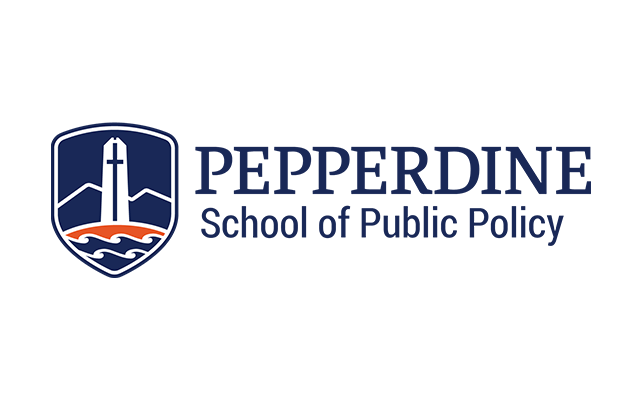Document Type
Article
Publication Date
10-31-2014
Abstract
The textbook competitive model of drug markets predicts that greater law enforcement leads to higher black market prices, but also to the unintended consequences of greater revenue and violence. These predictions are not in accord with the paradoxical outcomes evinced by recent history in some drug markets, where enforcement rose even as prices fell. We show that predictions of the textbook model are not unequivocal, and that when bandwagon effects among scofflaws are introduced, the simple predictions are more likely to be reversed. We next show that even simple models of noncompetitive black markets can elicit paradoxical outcomes. Therefore, we argue that instead of searching for assumptions that lead to paradoxical outcomes, which is the direction the literature has taken, it is better for policy analysis to choose appropriate assumptions for the textbook model. We finish with performing such an analysis for the case of banning menthol cigarettes. Under the most plausible assumptions enforcement will indeed spur violence, although the legal availability of electronic cigarettes may mitigate or reverse this conclusion.
Recommended Citation
Prieger, James and Kulick, Jonathan D., "Violence in Illicit Markets: Unintended Consequences and the Search for Paradoxical Effects of Enforcement" (2014). Pepperdine University, School of Public Policy Working Papers. Paper 52.
https://digitalcommons.pepperdine.edu/sppworkingpapers/52


